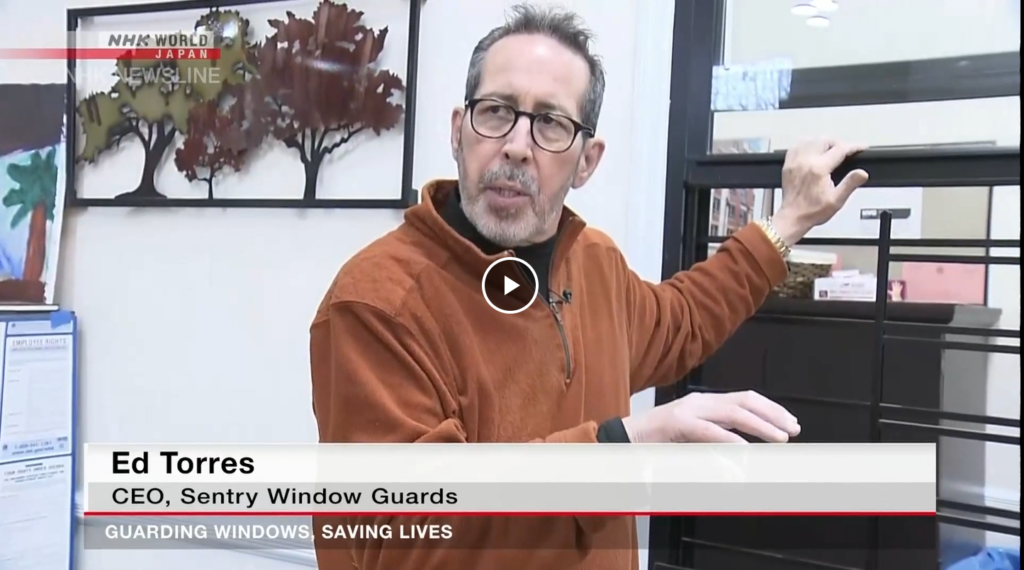The holidays are over and suddenly it feels like winter! Many New York City residents live in older apartment buildings and homes. In fact, some of the oldest homes in the nation can be found in our great state which boasts a median age of 57 years. While older homes have weathered the test of time, they sometimes lack many attributes that newer homes contain like insulation, energy efficient windows, and newer forms of heating. In other words, older homes can be a bit drafty and cold during the winter.
Safe Options
In a perfect world, nobody would have to use a space heater to supplement their home or office heating, but we’re all individuals and some of us like things warmer or cooler than others so they’ve become a necessity at times.
Use these tips from NYC.gov to supplement your heat while keeping your family safe.
- Space heaters should be treated as temporary heating devices and used sparingly
- Keep your space heater away from anything that could catch fire, such as furniture, drapes, and carpeting. Keep all combustible materials, at least. three feet away from your heat source. Never use your space heater to dry your clothing.
- Never leave a space heater running unattended, especially where children are present. Always keep an eye on your equipment for any safety-related changes. Make sure you turn it off when you are unable to monitor it or when leaving.
- Plug space heaters directly into a wall outlet. Never use an extension cord or power strip. Do not use space heaters with frayed or damaged cords
- Make sure you have a working smoke alarm in every room. Test them at least once a month and change the batteries twice a year. Make sure your smoke alarms have a carbon monoxide detector.
Un-Safe Options
Never use a Kerosene or propane heater indoors. If not ventilated properly, carbon monoxide can build up. Only use portable heating equipment that is approved for indoor use. Signs of carbon monoxide poisoning include headache, nausea, vomiting, dizziness, sleepiness, trouble breathing, and loss of consciousness. Severe poisoning may result in permanent injury or death.
If you are having trouble paying your heating bill, there is help out there for you, call 311 for more information.
For questions or to report exposure to carbon monoxide, call the NYC Poison Control Center at 1-800-222-1222. Poison specialists are available 24 hours/seven days a week.
To report heating breakdowns, gas leaks or housing maintenance problems in rental housing, call 311.
For more information about the NYC carbon monoxide detector law and the sources of carbon monoxide call 311.
______________________________
Sources:
http://eyeonhousing.org/2014/02/the-age-of-the-housing-stock-by-state/
http://www.nyc.gov/









